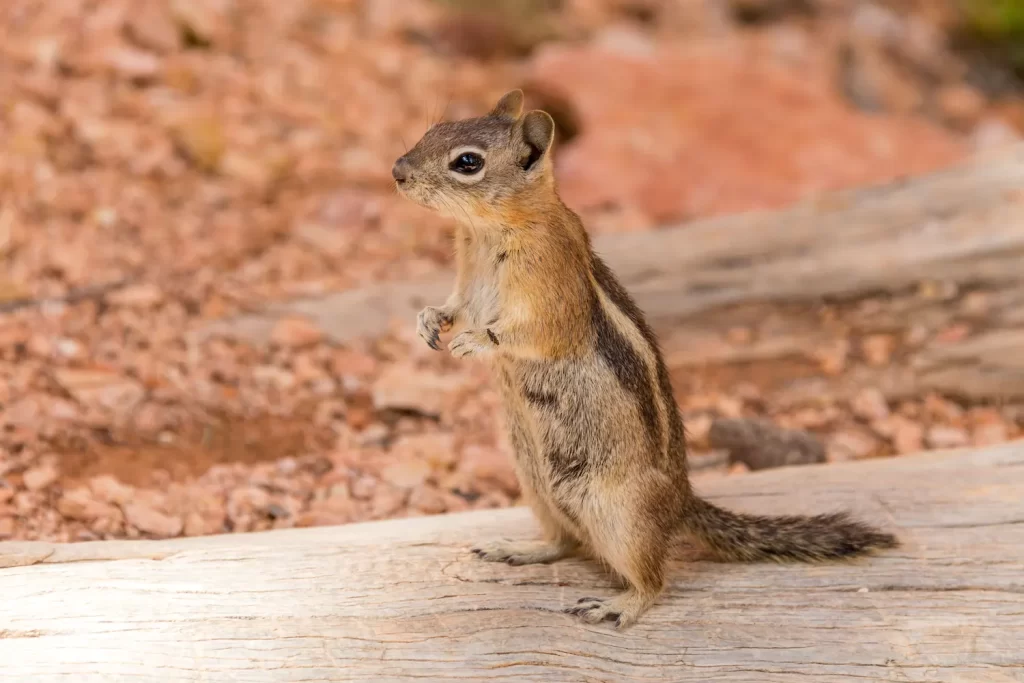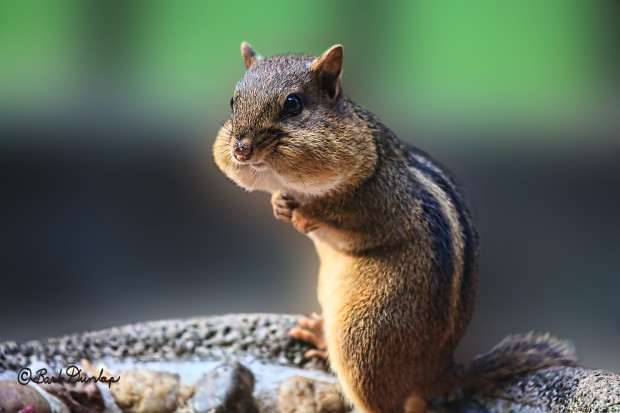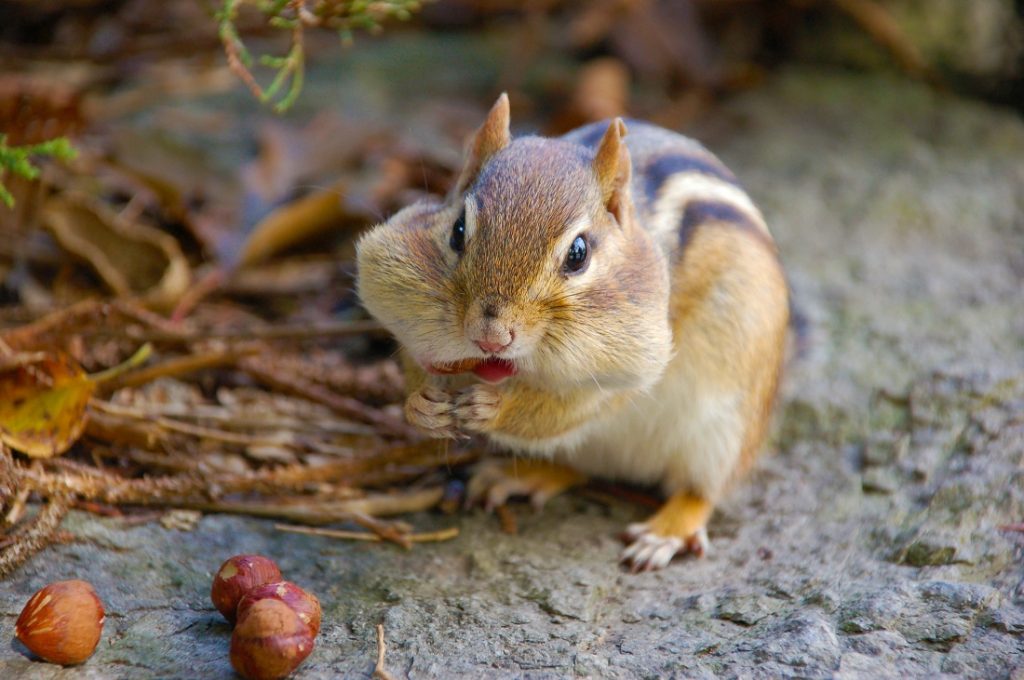Chipmunks are small, burrowing rodents that play an important role in the ecosystem. They are found throughout North America and are known for their energetic behavior, unique coloration, and intricate burrows. Chipmunks are important members of the ecosystem and contribute to the balance of the food chain by both consuming and being consumed by other animals. Here is a detailed description of the role of chipmunks in the ecosystem:

Seed dispersal:
One of the primary roles of chipmunks in the ecosystem is seed dispersal. Chipmunks feed on a variety of seeds, nuts, and fruits, which they store in their burrows for later use. In doing so, they help to disperse seeds throughout their habitat, which promotes plant growth and diversity. Some seeds may even sprout inside the burrows, which creates new habitats for other animals.
Predator and prey:
Chipmunks are important prey for many predators, including hawks, owls, foxes, and snakes. They are also known to defend their burrows vigorously against predators and other chipmunks. This helps to create a balance in the ecosystem by controlling the population of chipmunks and providing a source of food for predators.
Nutrient cycling:
Chipmunks play a role in nutrient cycling by contributing to the decomposition of organic matter. They collect leaves, twigs, and other plant debris to use as bedding and nesting material, which eventually breaks down and contributes to the soil. Chipmunks also consume insects, which helps to control their populations and prevent overgrazing of plants.

Burrow building:
Chipmunks are known for their elaborate burrows, which serve as their homes, food storage facilities, and protection from predators. These burrows can have multiple entrances, chambers, and tunnels, which create a unique microhabitat within the ecosystem. The burrows can also be used by other animals, such as birds, reptiles, and small mammals, for shelter and protection.
Pest control:
Chipmunks can help control the population of certain pests, such as insects and snails. They are known to consume a variety of insects, including beetles, caterpillars, and grasshoppers. They also consume snails and other small invertebrates that can be harmful to plants.

In conclusion, chipmunks play an important role in the ecosystem by contributing to seed dispersal, predator and prey relationships, nutrient cycling, burrow building, and pest control. They are important members of the food chain and help to maintain the balance of the ecosystem. Chipmunks may be small, but their impact on the ecosystem is significant and should be appreciated and protected.